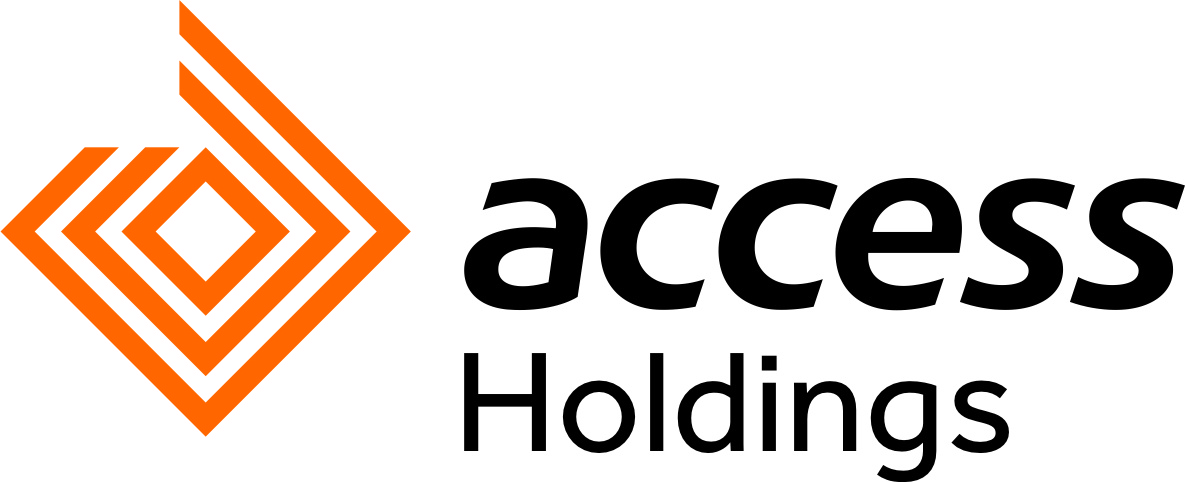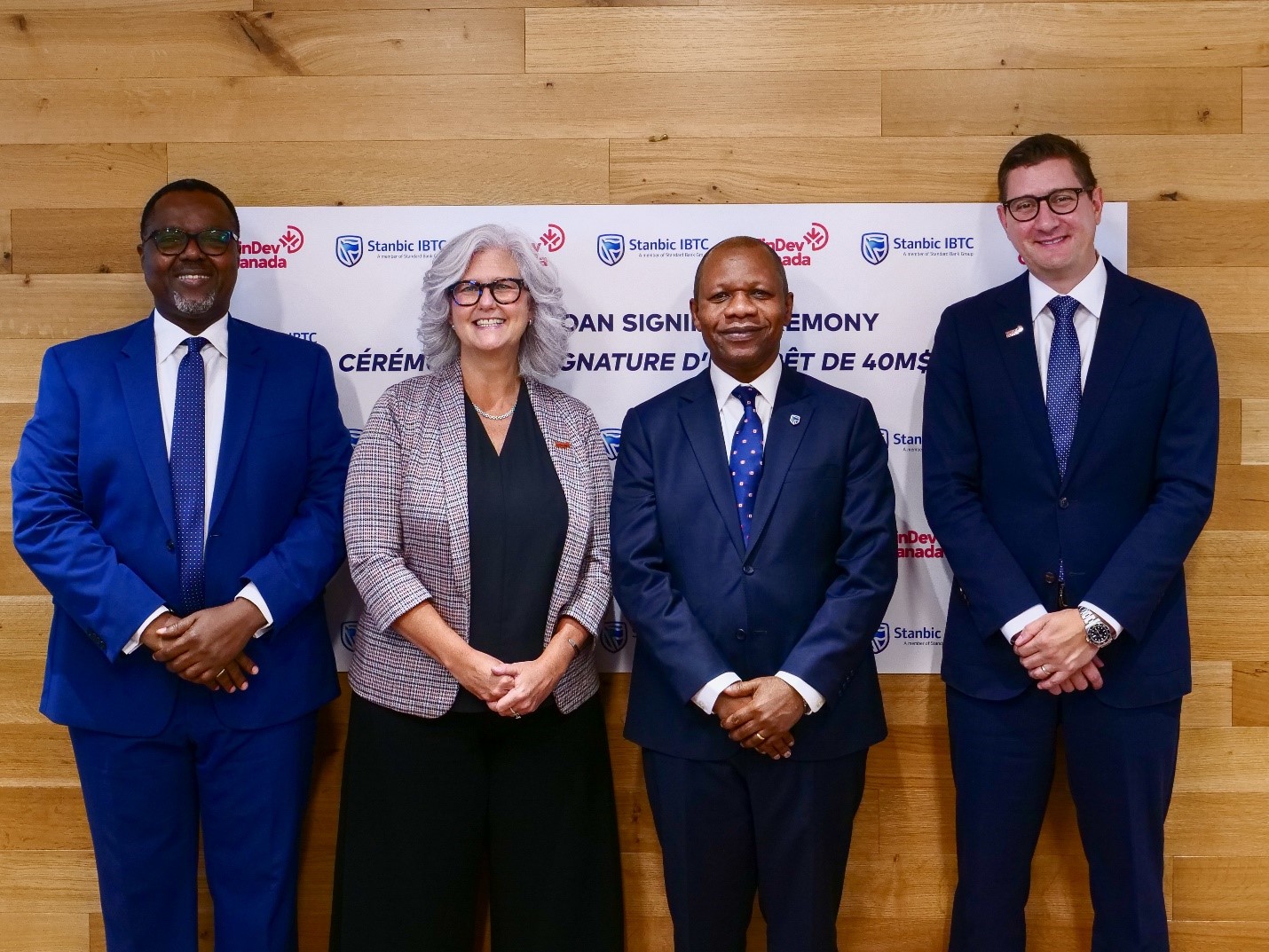Economy
NGX, IFC Provide Guidance on Labelled Bond Issuance Process

By Aduragbemi Omiyale
To drive deepen sustainable finance in the country so as to support the $1 trillion economy target of the administration of President Bola Tinubu, the Nigerian Exchange (NGX) Limited has teamed up with the International Finance Corporation (IFC) to organise a workshop on labelled bond issuance.
Labelled bonds, including green, social, blue, and sustainability-linked instruments, are increasingly used globally to channel private capital into climate-resilient infrastructure, clean energy, and inclusive development.
While cumulative global issuance surpassed $6.2 trillion by end-2024, uptake in Nigeria remains limited, largely due to gaps in technical structuring, certification, and disclosure frameworks.
It was because of this the two organisations joined forces to co-host a technical capacity-building seminar to advance labelled bond issuance in Nigeria, supporting the real sector and accelerating the country’s sustainable finance objectives.
The event, themed Unlocking Sustainable Capital for the Real Sector: A Deep Dive into the Labelled Bonds Issuance Process, brought together issuers, market operators, institutional investors, regulators, and policymakers for practical discussions on opportunities and challenges within the sustainable bond ecosystem.
It provided guidance on the issuance process and highlighted the advantages of listing bonds through the stock exchange as Nigeria pursues climate-resilient and inclusive.
The chief executive of NGX, Mr Jude Chiemeka, at the programme, emphasised the critical role of sustainable finance in Nigeria’s growth strategy.
“Unlocking sustainable capital is central to achieving Nigeria’s vision of a $1 trillion economy, shared prosperity, and long-term resilience,” he said.
The Head of Trading and Products at NGX, Abimbola Babalola, stated, “Bond listings on NGX offer issuers access to a diversified investor base and enhance market transparency, key for sustainable capital mobilisation.”
Also, the Principal Country Officer at IFC, Mr Christian Mulamula, highlighted his organisation’s commitment to deepening market infrastructure and sustainability-linked investments across Africa, declaring, “We share an ambition for Nigeria to become a model for green and sustainable finance on the continent.”
A representative of the Federal Ministry of Marine and Blue Economy, Mr Husaini Shettima, described the workshop as timely for advancing sustainable marine finance, noting that, “The next frontier is developing a robust blue bond framework that aligns with national priorities and global standards.”
As the Special Adviser and Coordinator of Sovereign Green Bonds, Olaitan Fajuyitan, said the issuance of a N50 billion sovereign green bond by the federal government to finance renewable energy, afforestation, clean transport, and sustainable agriculture “underscores Nigeria’s commitment to scaling private finance in line with national development goals.”
Economy
PENGASSAN Kicks Against Tinubu’s Executive Order on Oil, Gas Revenues
By Adedapo Adesanya
The Petroleum and Natural Gas Senior Staff Association of Nigeria (PENGASSAN) has faulted the Executive Order signed by President Bola Tinubu on oil and gas revenues.
President Tinubu this week signed the Executive Order, titled The Upstream Petroleum Operations Cost Efficiency Incentives Order (2025), to safeguard and enhance oil and gas revenues for the Federation, curb wasteful spending, eliminate duplicative structures in the sector, and redirect resources for the benefit of the Nigerian people.
However, at a press conference in Abuja, PENGASSAN president, Mr Festus Osifo, argued that the tax incentives granted to oil companies by the President may not help in the reduction of cost if insecurity is not addressed.
“The Executive Order signed by the President yesterday is a direct attack on the provisions of the Petroleum Industry Act (PIA)—specifically Sections 8, 9, and 64,” Mr Osifo said.
“What the President has done is use an Executive Order to set aside a law of the Federal Republic of Nigeria. This is deeply troubling. What signal are we sending to investors and the international community?
“We are effectively telling them that the law of the land can be set aside by a simple executive decree. This is an aberration and should never have happened.”
According to a statement by the presidential spokesperson, Mr Bayo Onanuga, the President signed the EO in pursuance of Section 5 of the Constitution of the Federal Republic of Nigeria (as amended).
The Executive Order is anchored on Section 44(3) of the Constitution, which vests ownership, control, and derivative rights in all minerals, mineral oils, and natural gas in, under, and upon any land in Nigeria—including its territorial waters and Exclusive Economic Zone—in the Government of the Federation.
The directive seeks to restore the constitutional revenue entitlements of the federal, state, and local governments, which were removed in 2021 by the Petroleum Industry Act (PIA).
According to Mr Onanuga, the PIA created structural and legal channels through which substantial Federation revenues are lost via deductions, sundry charges, and fees.
Under the current PIA framework, NNPC Limited retains 30 per cent of the Federation’s oil revenues as a management fee on Profit Oil and Profit Gas derived from Production Sharing Contracts, Profit Sharing Contracts, and Risk Service Contracts. Additionally, the company retains 20 per cent of its profits for working capital and future investments.
The federal government considers the additional 30 per cent management fee unjustified, as the 20 per cent retained earnings are already sufficient to support NNPC Limited’s functions under these contracts.
Moreover, NNPC Limited also retains another 30 per cent of profit oil and profit gas under the Frontier Exploration Fund, as stipulated in sections 9(4) and (5) of the PIA.
Economy
Customs to Fast-Track Cargo Clearance at Lekki Deep Sea Port

By Adedapo Adesanya
The Comptroller-General of the Nigeria Customs Service (NCS), Mr Adewale Adeniyi, has unveiled a Green Channel initiative at the Lekki Deep Sea Port as part of efforts to simplify cargo clearance, reduce delays, and improve operational efficiency for port users.
The launch marks a major step in customs’ drive to enhance trade facilitation through technology and stakeholder collaboration.
Speaking at the event in Lagos, Mr Adeniyi said the initiative was introduced by the Lekki Deep Sea Port and approved by NCS management to address persistent challenges in container stacking and examination at major ports, which often slow cargo processing.
“This particular intervention helps to move containers right from the vessel into a dedicated place where customers can have access. And between the time the container moves from the vessel to this particular place, it is tracked,” he said.
The customs boss explained that the Green Channel is designed to ensure seamless cargo movement through a dedicated corridor with minimal bureaucratic obstacles, enabling faster turnaround time for importers and other stakeholders.
He described the initiative as a product of mutual trust between the agency and its stakeholders, stressing that compliance and cooperation are essential to its success.
“What we have done today is a product of the kind of trust that we have invested in our stakeholders and the confidence that we also have in them, that they would do this in the spirit of compliance and trade facilitation,” he said.
Mr Adeniyi added that beyond easing port operations, the Green Channel supports Nigeria’s broader economic objective of building a more competitive trade environment, noting that the initiative is expected to reduce the cost and time required to do business, ultimately boosting revenue generation for the service.
Economy
Jim Ovia Denies Knowledge of Wealth Bridge Investment Scheme

By Aduragbemi Omiyale
The chairman of Zenith Bank Plc, Mr Jim Ovia, has dissociated himself from a video making the rounds, purporting that he has endorsed an investment scheme put together by Wealth Bridge.
In a statement, it was emphasised that the video of the businessman is fake, as he has no link with Wealth Bridge, which urged Nigerians to invest in the business.
The management of Zenith Bank has, therefore, advised the public to disregard videos circulated through the Greece Island Facebook handle.
The promoters of the investment scheme promised prospective customers up to N2 million in weekly returns on a contribution of N380,000.
But Zenith Bank stressed that any member of the public who conducts business with the entity does so at his or her risk, as claims in the video that the investment has the backing of the Central Bank of Nigeria (CBN) are untrue.
“The video redirects unsuspecting members of the public to an alleged Arise News webpage with the details of this scheme and an embedded registration portal for signups. This claim is also entirely false and has no connection whatsoever to the bank or its group chairman.
“For the avoidance of doubt, all the videos and promotional materials referenced above are FAKE and have nothing to do with Zenith Bank Plc or Dr Jim Ovia. The Group Chairman of Zenith Bank and the bank have no knowledge of the said investment scheme and have not entered into any partnership with the companies, individuals, or platforms behind these schemes.
“The general public is hereby advised to disregard these fraudulent communications. Anyone who engages with the Greece Island handle, Wealth Bridge, delicious sitee, AfriQuantumX, Stock market analyst 1, or any other entity on the basis of these fake videos and images published by impostors does so strictly at his or her own risk,” parts of the statement read.
-

 Feature/OPED6 years ago
Feature/OPED6 years agoDavos was Different this year
-
Travel/Tourism10 years ago
Lagos Seals Western Lodge Hotel In Ikorodu
-

 Showbiz3 years ago
Showbiz3 years agoEstranged Lover Releases Videos of Empress Njamah Bathing
-

 Banking8 years ago
Banking8 years agoSort Codes of GTBank Branches in Nigeria
-

 Economy3 years ago
Economy3 years agoSubsidy Removal: CNG at N130 Per Litre Cheaper Than Petrol—IPMAN
-

 Banking3 years ago
Banking3 years agoSort Codes of UBA Branches in Nigeria
-

 Banking3 years ago
Banking3 years agoFirst Bank Announces Planned Downtime
-

 Sports3 years ago
Sports3 years agoHighest Paid Nigerian Footballer – How Much Do Nigerian Footballers Earn
















